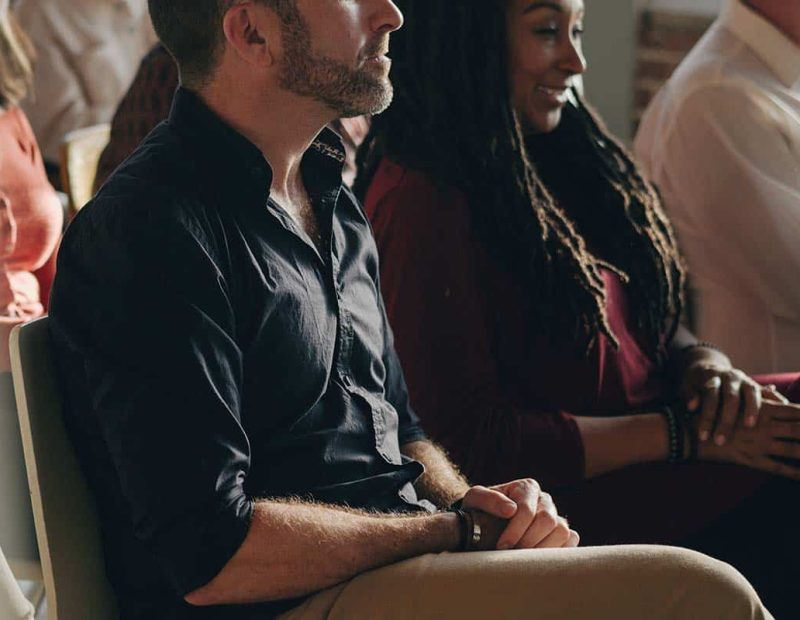For Adult Mental Health, Inc
We're here to answer questions!
Please leave a message if no answer.
We're here to answer questions!
Please leave a message if no answer.
The Kansas Recovery Conference (KRC) gives individuals with mental illness a platform to engage in workshops and discussions covering addictions, recovery & wellness, and trauma informed care.
Peers are given the opportunity to connect, share their personal experiences, and support one another in their recovery from mental illness and/or dual diagnosis.


The Kansas Recovery Conference is a unique two–day gathering of hundreds of mental health consumers from across the state. Conference participants will come together to:
The Conference Awards Ceremony highlights the incredible work being done by peers across Kansas. The goal is to recognize providers or community champions supporting individuals in recovery from mental illness/dual diagnosis.

Developing an appreciation for diversity results in an ability to understand and effectively interact with different people. Being culturally competent includes being aware of one’s own worldview, having a positive attitude towards individuals who are different from us, learning about different cultural practices and worldviews, and developing cross-cultural skills.
Possible presentation topics could include:
Systems Transformation involves changing legislation, policy, practices, and community attitudes in ways that will benefit people with disabilities.
Possible presentation topics could include:
Leadership covers a wide range of activities including advocacy and activism.
We define these terms as:
Both advocacy and activism are keys to how consumers share their voices. Other possible subjects could include: self-advocacy, mutual support, promoting and protecting rights, leadership, committee membership, board of directors, legislative issues, advance directives, etc.
Trauma-informed care (TIC) is an approach to engaging people that acknowledges the almost universal experience of trauma in the lives of people seeking mental health care. More importantly, it helps eliminate the re-traumatization that can occur when seeking help.
Possible presentation topics could include:
People with mental health diagnoses are two-and-a-half times more likely to have significant physical health problems than the general population. This can hinder recovery, negatively affect quality (and length) of life, and create financial difficulties. Recovery & Wellness workshops are designed to provide opportunities for attendees to explore methods of improving their well-being and overall quality of life.
Possible presentation topics could include:
This is a set of workshops focusing on addictions and mental health recovery. Our goal is to provide participants with the opportunities to gain a better understanding of living with a dual diagnosis and work toward long-term recovery.
Overcoming mental illness is a two-sided act. On one side, consumers must overcome the symptoms, distress, and disability that result from the illness. On the other side, consumers must overcome public stigma that prevents them from equal opportunities in employment, housing, and health care. Stigma affects individual and public attitudes.
Possible presentation topics could include:
We’re here and ready to answer your questions! Please contact us and we’ll get back to you.